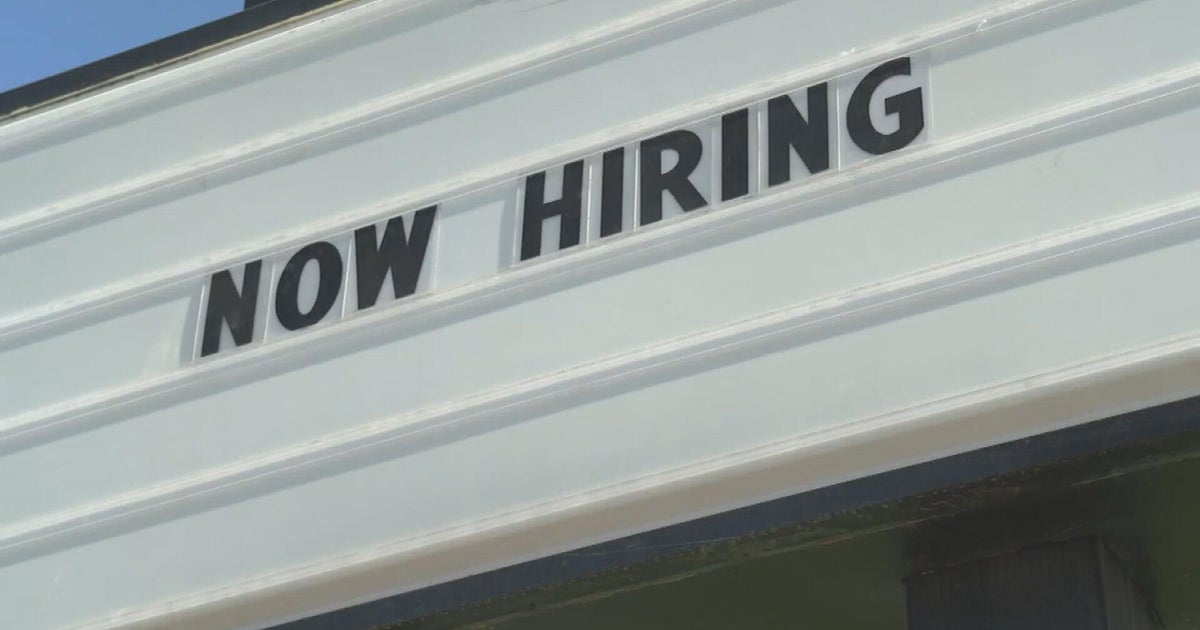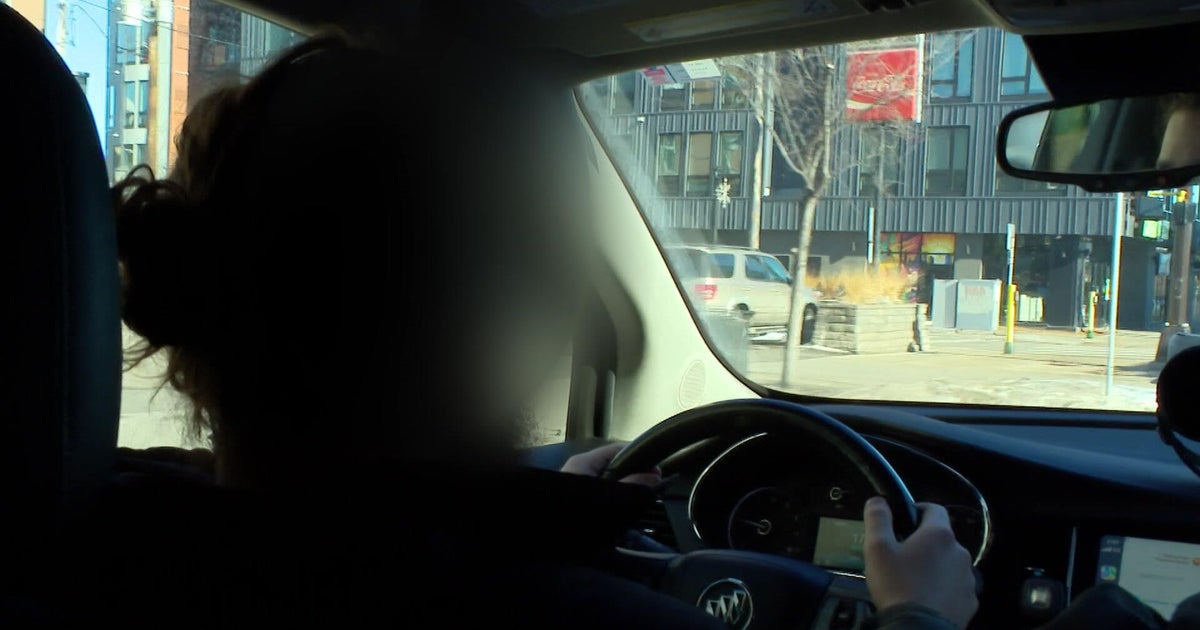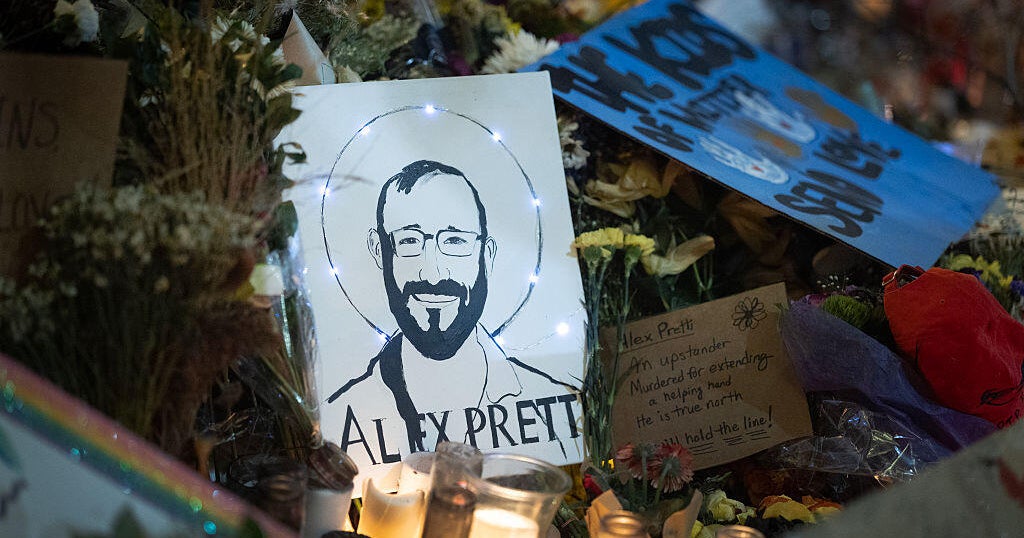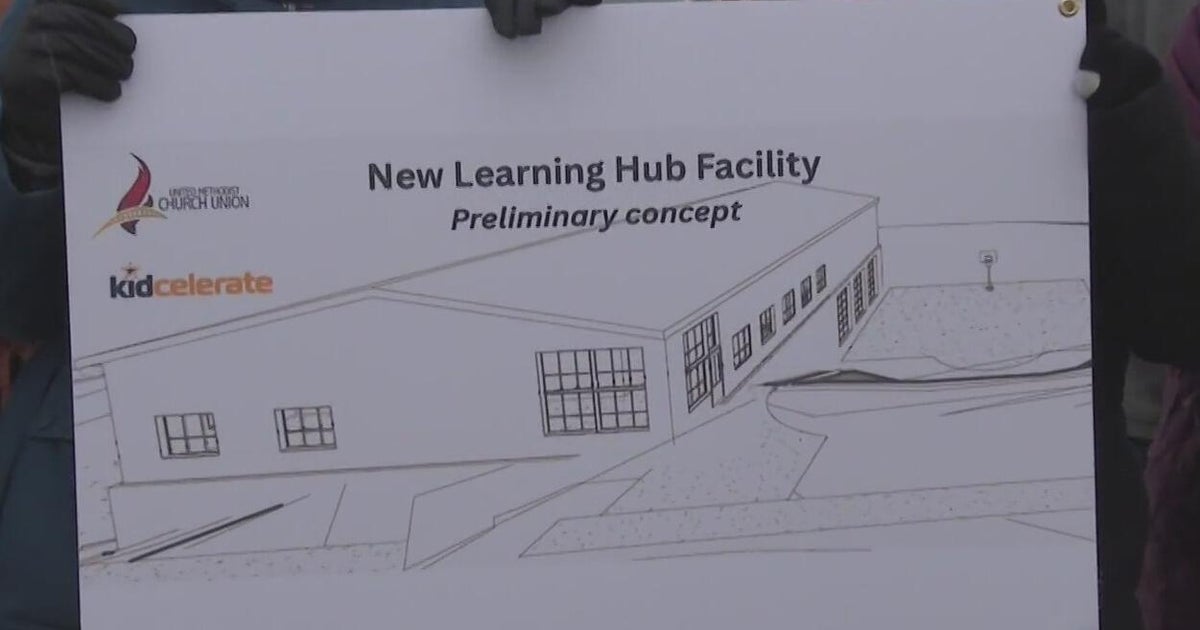CMU dean says AI needs 'guardrails'
PITTSBURGH (KDKA) -- Should we put the brakes on artificial intelligence? Some computer scientists think so. Carnegie Mellon University is one of the world's leading incubators. CMU doesn't think research should stop but guardrails are needed.
You may not know about AI, but it's been part of your life for some time. It's been talking to you with names like Siri and Alexis, completing the sentences in your emails, telling you what you might like to watch on Netflix. But what's really shaken things up is ChatGPT -- an AI language model which gives human-like responses to any prompt, instantaneously scanning the entire internet and producing articles, term papers, legal briefs, you name it.
Andy Sheehan: "It seems to be in hyperdrive right now. And we seem to be in a state of future shock."
Ramayya Krishnan: "It's moving quickly."
But is it moving too quickly? One of the world's biggest AI incubators is in our own backyard -- Carnegie Mellon University, where computer scientists and researchers are creating these amazing tools with human-like intelligence. Ramayya Krishnan, the dean of the Heinz School of Information, says while CMU won't halt its research, governing rules and controls are needed.
"The guardrails are absolutely essential. This is a real issue," he said.
High school and college students are using ChatGPT to write their term papers for them. Once the tasks of secretaries, paralegals and clerical workers, Chat can produce papers and briefs with a simple click. And within seconds, it can even produce a news article for a reporter under a tight deadline.
Another AI called DALL-E can instantly synthesize images and create new artwork on command within seconds -- threatening the careers of graphic artists and others. So is AI a threat to all of our jobs?
"When technological change happens, some jobs and some tasks will be substituted but other jobs and tasks happen to be created," Krishnan said.
As with the internet and other technologies, the hope at Carnegie Mellon is that while AI will replace some jobs, it may enhance existing ones and create new ones. Krishnan says AI can increase productivity, it will make businesses more successful and require more staff in different tasks. But, there are other concerns.
"Do we know where the content is coming from? Was it created by a bot? How do we deal with misinformation?" Krishnan said.
Right now, it's hard to tell if something's been produced by a bot or a human or whether it's accurate or real. AI can produce hallucinations -- information that appears factual but is not.
Some have used the technology to produce so-called "deep fakes" -- like rap songs that appear to be from Drake and Eminem but have neither the involvement nor consent of the artists. And what if criminals or terrorists pose as trusted people to spread disinformation?
CMU says despite the fears, AI has the potential to greatly enhance the quality of our lives, especially in educating our children.
Take, for example, what's happening at LIFE Male STEAM Academy in Monroeville. There, students don headphones to work on math problems on computer screens while getting individual attention from a tutor who's using AI technology to monitor each one.
"So what the AI program does, it identifies which students are struggling on math problems, it notifies the tutor the student is struggling, and the tutor goes in to help them," said Erin Gatz, the head of Partnerships for PLUS -- Personalized Learning Squared at CMU.
Sheehan: "So this isn't taking anyone's job away?"
Gatz: "No, AI and tutoring isn't taking anyone's jobs because there aren't millions of tutors looking for jobs right now."
Here's how it works. The teacher teaches the lesson, and then the students try to solve problems on a cyber tool called MATHia. All the while, the tutor monitors each student on his or her screen. Icons indicate their progress, including if a student is stuck and has been working on the same problem for several minutes or if they've come up with the wrong answer.
"The tutor can jump in and give them guidance and gives them hints, and it's that one-on-one that the student gets that's really beneficial," says LIFE Male STEAM Academy teacher William Roberson.
While Roberson addresses the whole class in intervals, the tutor supplies the one-on-one help.
"You still need a teacher in the classroom. However, with this type of technology, it provides far more benefit than one person talking to 20 different kids," Roberson said.
At other places, they're developing AI tutors where the student would communicate directly with a bot, but this program uses the AI technology to help teachers and tutors to work efficiently.
And students say they're benefiting from the individual instruction.
"With this, it's like one-on-one and it's not like the tutor having to help three people at once," said Chase, a student at LIFE Male STEAM Academy.
This program is just one of the thousands of AI applications that are changing our lives. And while this one appears to be for the good, others may have mixed results.
Regardless, much of it is being developed right in our backyard at Carnegie Mellon University, placing Pittsburgh firmly in the AI arena.







